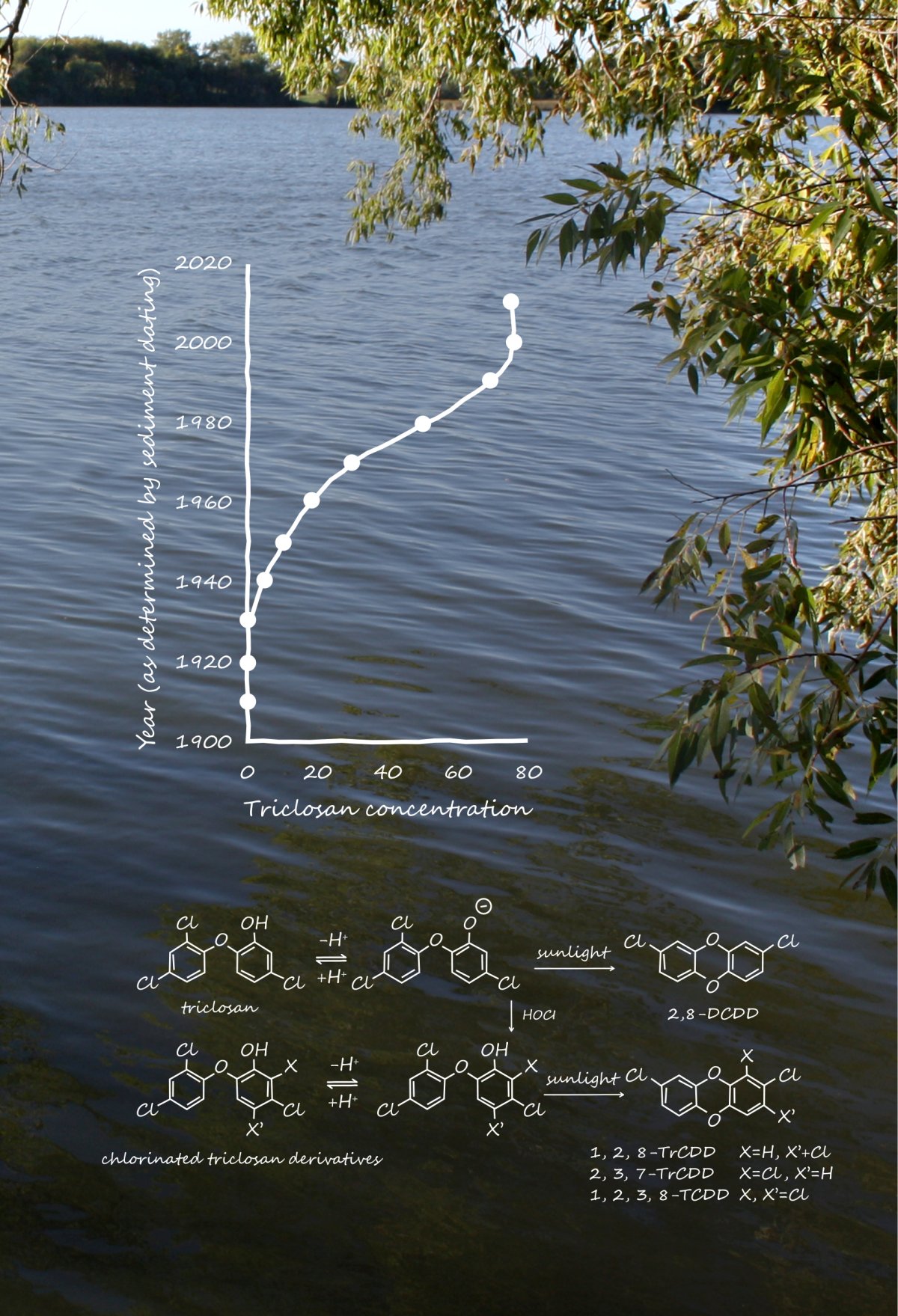Science & Engineering of Our Environment
Understanding and mitigating the impact of pollutants on the environment
Discoveries and impact
- Studies of pollutant fate and transport led to Minnesota banning the use of triclosan in consumer products (from SSR)
- Contributions to the understanding of photochemical and surface-mediated reduction reactions.
- Paradigm shifting insights on the fate of emerging and legacy contaminants in aquatic systems.
- Key results linking microbial structure and function analysis on the single cell level
- Quantification of the impacts of microbiology processes in wastewater treatment and water distribution systems.
- Advances in identifying biochar interactions for the management of soil fertility, greenhouse gas emissions, and contaminant transformation.
- Identification of anthropogenic contributions of mercury to lakes.
Our Research
- Understanding how meteorological and hydraulic conditions control the formation of harmful algal blooms
- Investigating the presence and persistence of emerging contaminants in the environment
- Understanding the fundamental mechanisms of abiotic organic pollutant transformation
- Developing water remediation and treatment technologies
- Understanding microbiology of drinking water and municipal wastewater
- Integrating microbial technologies within the framework of the water-energy nexus
- Applying molecular (screening) techniques to obtain structural and functional insights into microbial communities that perform services for society (e.g. wastewater treatment, pollutant remediation)
